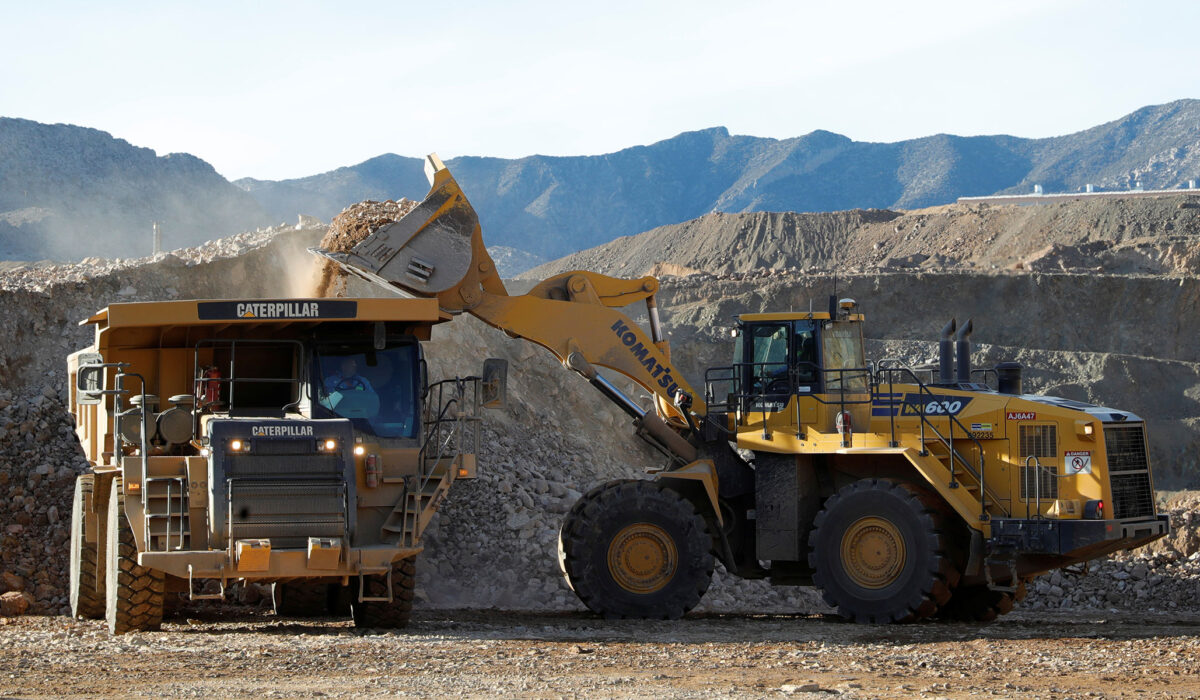Rebuilding U.S. Capacity in Critical Minerals
It will take us years for the U.S. to make up lost ground in mining critical minerals, but this is a solvable problem. That reality doesn’t mean defeat; it means a clear-eyed plan is required that prioritizes security, jobs, and supply-chain independence. Tackling this now protects our economy and our national defense from fragile foreign sources.
China has spent decades cornering key stages of the minerals value chain, from extraction to refining to rare earth processing, and that dominance is a strategic vulnerability. Relying on distant rivals for inputs that power electric vehicles, renewables, defense systems, and high-tech manufacturing invites leverage we can’t afford. Fixing that starts by acknowledging the scale of the gap without pretending it will be closed overnight.
A Republican approach favors unleashing American energy and industry rather than piling on new federal obstacles that slow projects and scare off capital. Streamlining permitting, targeting tax incentives, and expanding partnerships between states and private firms can accelerate new mines and processing plants. Private capital and regulatory clarity will unlock investments that create high-paying jobs and strengthen local communities.
We should invest in domestic refining and recycling capacity so more of the value chain stays onshore, not just raw extraction. That means supporting technology that reduces environmental impact while making projects economically viable, using market-based tools and innovation rather than one-size-fits-all mandates. Skilled workers, modern equipment, and better geologic mapping will shorten timelines and reduce cost overruns.
Permitting reform is critical, but so is patience; geological and technical hurdles mean real projects often take years to reach production, not months. Prioritizing projects with clear strategic value and proven community support will speed the most important starts, and aligning federal, state, and local rules reduces duplication. If policymakers maintain steady policy signals, companies can plan multi-year investments and build the complex infrastructure needed for refining and downstream industries.
Competition will remain stiff globally, and the market will sort winners and losers, but America has advantages in capital markets, engineering talent, and rule-of-law reliability. A focused, pragmatic policy can convert a decades-long shortfall into a multi-generational industrial opportunity that strengthens allied supply chains and creates durable jobs. With disciplined execution and private-sector leadership, the United States can move from dependence to competitive strength without sacrificing environmental standards or fiscal prudence.

